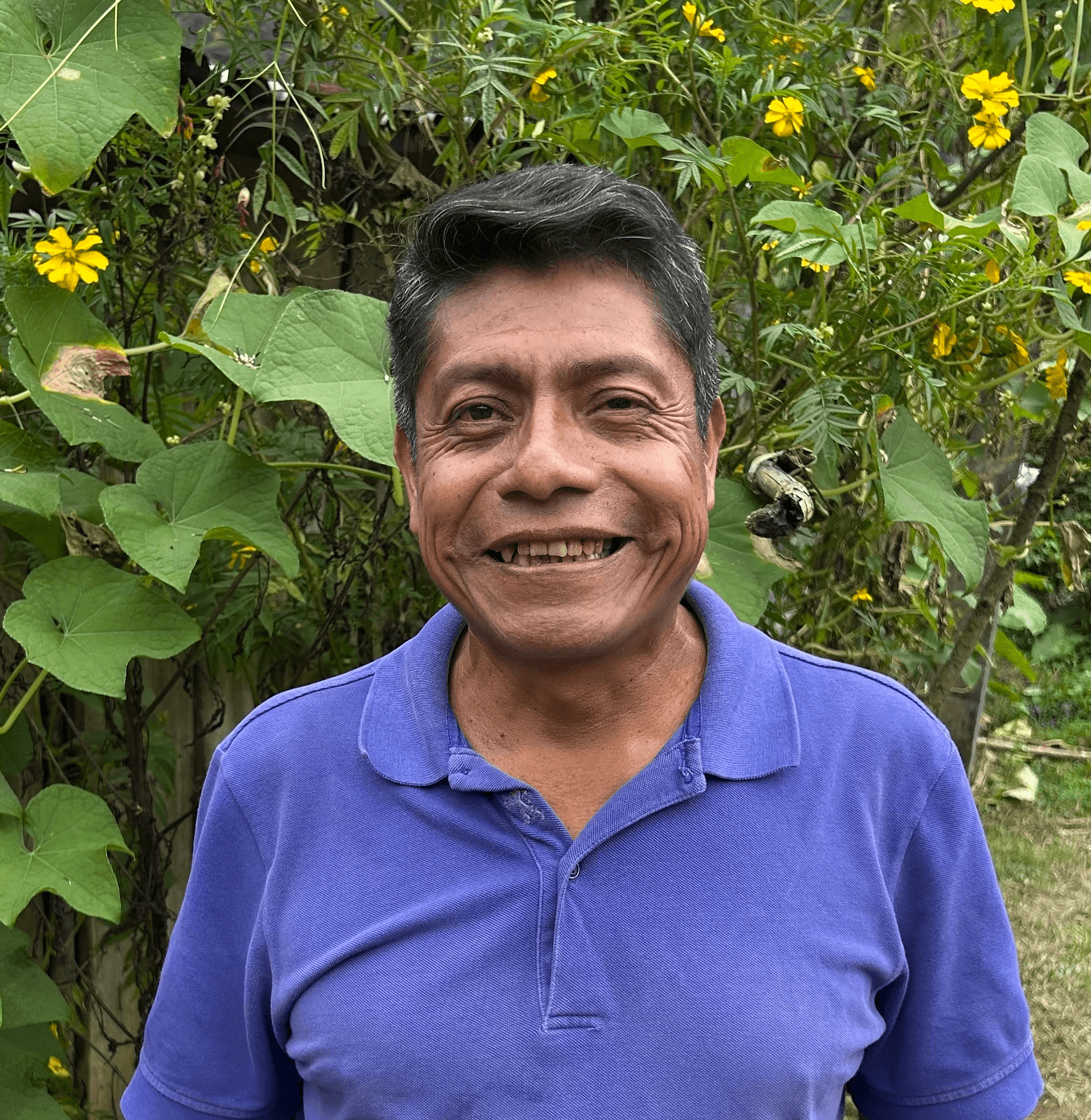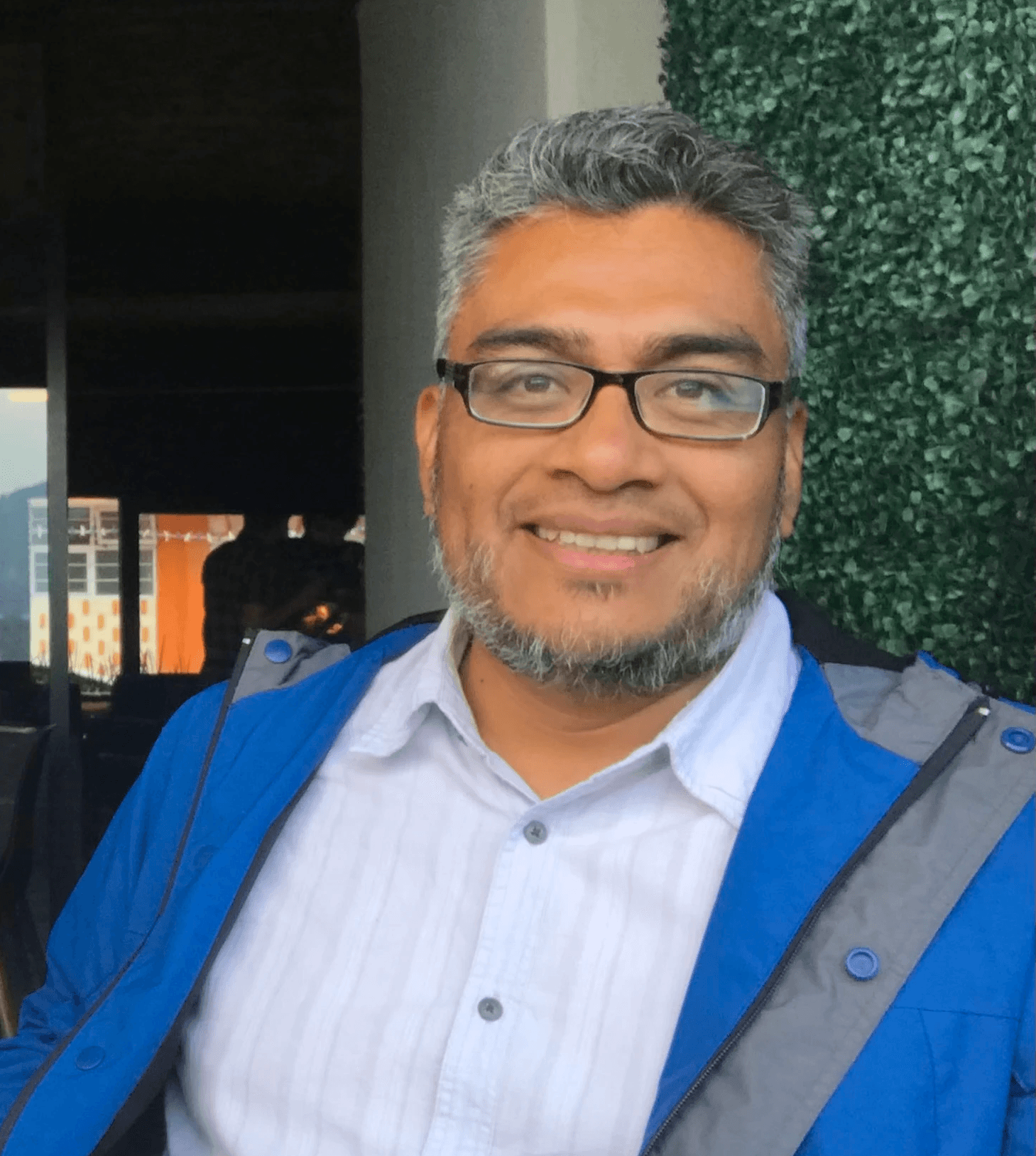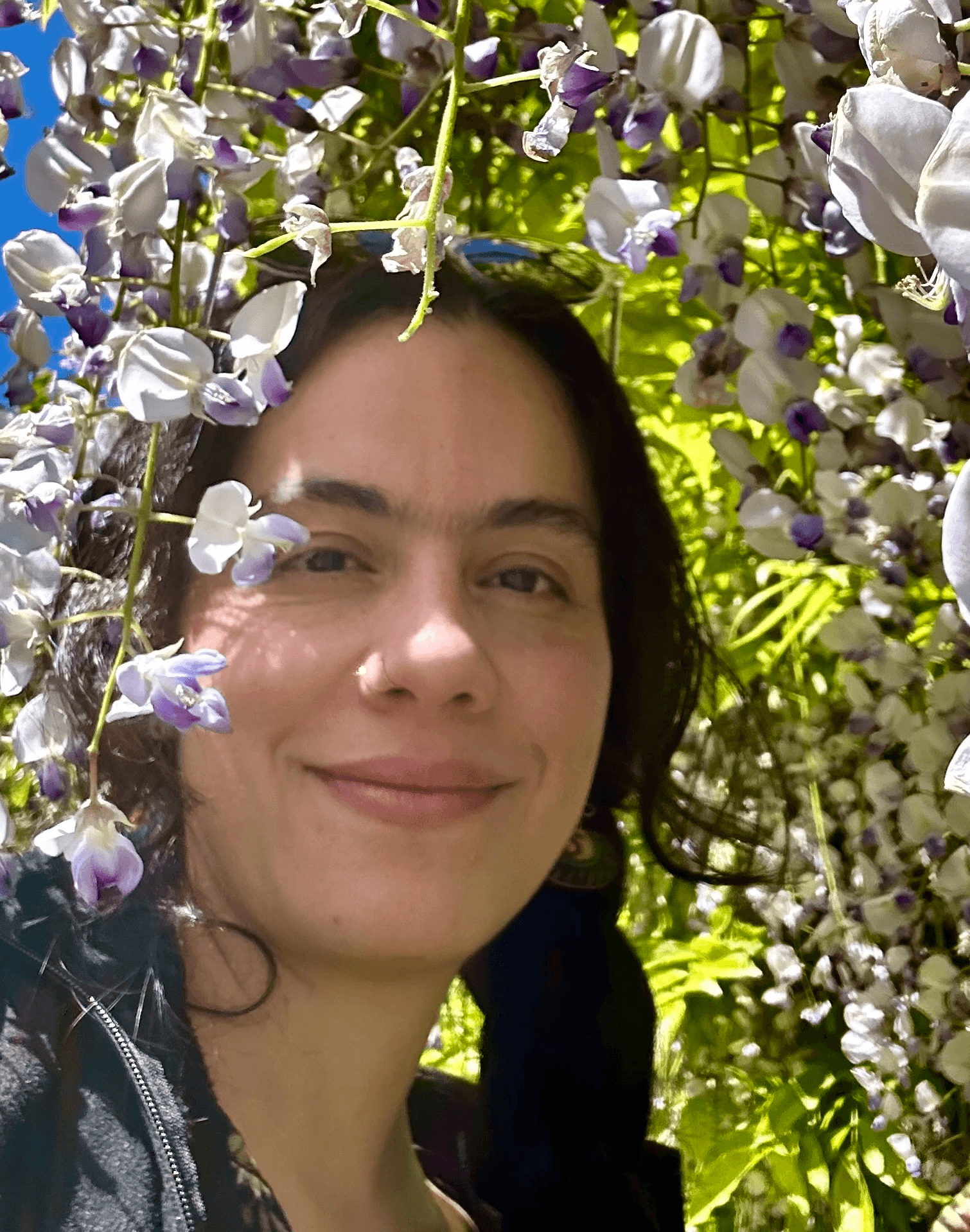Introduction
The fund was born from listening.
As an Indigenous-led philanthropic vehicle we work to ensure the resilience of our Peoples in the face of cultural appropriation, environmental extractivism, human rights violations and climate change.
Partnering with funders globally, informed by robust ecological and community-based assessments, we build alliances with organizations on-the-ground, fund their efforts and do strategic engagement with leaders of each bio-culture.
The Conservation Committee is the strategy and decision-making body of the IMC Fund.
Lucy Benally
Conservation Committee (Peyote)
Lucy Benally, Dine (aka Navajo) from the Dine Nation, located in the 4-Corners area of the United States of America. She is of the Tabaaha (Edgewater) Clan, born for the Ashihii (Salt) Clan, Maternal Grandfather is of the Taachiinii (Red Streak running into the water) Clan and her paternal grandfather is of the Bit’ahnii (Folded Arm ) Clan. Married to Steven S. Benally with three children and three grandchildren. With a BS. Degree in Education, M.A. in Bilingual Education, and as a Retired Educator, she is a founding member of the Youth Committee with Azee’ Beenahagha of Dine Nation in educating Dine Youth on Peyote conservation, reconnection and instilling essential life skills and information on Peyote way of life for their sustainability, stability and security. A firm believer in the conservation, protection and preservation of sacred plant medicines.
Maître Moubeyi Bouale
Conservation Committee (Iboga)
Lawyer of the Bar of Gabon. Grand Master of the Bwiti Missoko Rite. Director of the National Association for the Preservation of Bwiti Missoko "Maghanga Ma Nzambé". Honorary Member of BOTF Gabon. Special Advisor in charge of Moral Order
Mona Polacca
Conservation Committee (Peyote)
Mona Polacca is of Havasupai, Hopi and Tewa tribal lineage. She is an educator/facilitator on indigenous water issues and culturally appropriate health treatments for Native Americans. She is a founding member of the International Council of Thirteen Indigenous Grandmothers, an alliance upholding and protecting Indigenous spiritual practices and beliefs. Her spiritual practices are grounded in the Havasupai, Hopi and Tewa Original Instructions and the Native American Church.
Pablo Evanjuanoy Chindoy
Conservation Committee (Ayahuasca/Yagé)
Pablo Evanjuanoy Chindoy was born in the Inga indigenous territory of Yuguillo in Colombia. With his wife Felicidad, he has 8 sons and 3 daughters. He has a degree in nursing and a diploma in Territorial Governance of Indigenous Peoples. Don Pablo has a long history as a social leader and traditional authority. He has served as a High Advisor of the Council of Ex-Governors, and coordinated the eradication of coca crops in his territory, leading to the expulsion of armed forces there. For almost thirty years, Don Pablo has been training as a traditional doctor and spiritual authority with the Yagecero elders of the Inga, Siona, Kofan, Kamentsa Biya and Korebajú peoples in the Colombian Amazon. He has served as spiritual authority in the Organization of Amazonian Indigenous Peoples of Colombia (OPIAC) and is currently working as a traditional doctor in his territory. He is a member of UMIYAC.
Jheison Romulo Sinuiri Ochavano (Iskon Besso)
Conservation Committee (Ayahuasca)
Jheison Romulo Sinuiri Ochavano (Iskon Besso) is Shipibo from the May Joshin or Ucayali region of Peru. He has been studying his ancestral medicines practices since a very young age, with his grandfathers and parents. He has studied nursing and psychology, and investigated a wide range of complementary spiritual practices. He is an artist, musician, father and investigator; as a young community leader, he successfully defended his community when international oil interests attempted to enter. He eloquently shares teachings with the intentions of respect and clarity, holding the guidance of the past and staying present to the current day. He is the president of Oni Xobo, based in Pucallpa, Peru.
Claude Guislain
Technical Committee (Ayahuasca)
Claude Guislain is Peruvian, spending most of his time in the Peruvian Amazon and in Brazil. He trained as an anthropologist in Belgium, but spends more time closer to Indigenous systems than to academia, including different masters from the Shipibo, Arhuaco, Tubú, and Yawanawá people, among others. After many years of quest, his role revealed itself to be a Bridge between worlds. He has been an Ayahuasca retreat facilitator and advocate for the Indigenous cause since 2008. He has witnessed extraordinary possibilities from his teachers’ mastery - of the healings, the teachings, the stories, the medicines, and the technologies. His calling is “People are United.” Claude serves as a member of the IMC Fund Ayahuasca Technical Team.
Katherine Criss Ruiz Ochavano-Wasan Jabe
Technical Committee (Ayahuasca)
Katherine is a member of the native community of Amaquiria, a Shipibo-Konibo community. She is currently concluding her studies in law and political sciences at the Universidad Nacional de Ucayali. She is a passionate activist defending women's rights and dedicated to causes protecting the environment.
Ricard Faura
Technical Committee (Iboga)
Ricard Faura is Catalan and lives in the forests of Barcelona, Spain. He has a PhD in Social Psychology, extensive training in Anthropology and Psychology, and has been a professor of Psychology and Humanities at the Open University of Catalonia (UOC) for 20 years. In addition, he is a bridge weaver at ICEERS, where he has been working for years on issues related to biocultural conservation of Indigenous medicines and knowledges, inspired by years of personal work and collective growth with natural medicines, plants, mushrooms and psychedelics, and together with diverse communities around the world. Ricard was instrumental in publishing ICEERS’ report on Iboga and ibogaine, and coordinates the IMC Fund’s Iboga Technical Team.
Ana Maria Ortiz
Technical Committee (Toad)
Anny is a PhD candidate at the University of Wisconsin-Madison’s School of Human Ecology and works with Usona Institute, studying synthetic 5-MeO-DMT. Over the past 20 years she worked in a variety of therapeutic programs including a substance abuse treatment center in Baja, Mexico that used ibogaine, and where she introduced the use of 5-MeO-DMT derived from the Sonoran Desert toad (Incilius alvarius) as a complement. Anny supports the IMC Fund Toad Technical Team and works with an interdisciplinary team of experts to explore avenues for Toad conservation, including work on a Toad population study to update its species status both in Mexico and internationally through the IUCN Red list.
Genaro Guisazola Martínez
Technical Committee (Mushroom)
Influenced by the movements of indigenous recognition and resistance in Mexico, Oaxaca, and Chiapas, since the 1990s, Genaro has worked in the organization of his native community, La Reforma, San Mateo Yoloxochitlán (Oaxaca), through the analysis of the family, economic, social, educational, political, religious, cultural and health spheres. He began his career in the study of Mazatec theology and the recovery of its roots, and developed as translator and general coordinator of eight parishes. He has taught reading and writing in the Mazatec language at the Chjine én chjine kjua high school, and worked with the National Institute of Indigenous Peoples (INPI) as a Promoter of Traditional Medicine, working in the Mazateca region to assess plant knowledge. He formed a community group to strengthen traditional medicine and natural pharmacy: the Organization of Traditional Doctors, Midwives, Wise Men, and Bone Menders. Since 2023, he has extended its work to other communities in the Mazateca highlands.
Mauricio Martínez Ortiz
Technical Committee (Mushroom)
Mazatec cultural promoter, designer, anthropologist, and master coffee roaster. He was part of the founding team of the Universidad del Bienestar Benito Juárez Campus Huautla de Jiménez, where he taught the subject of Mazatec Language and Culture. He served five years as director of the Municipal Chronists in the Municipality of Huautla de Jiménez (2017-2021). He was a project advisor to the Secretary of Rural Development of the State of Puebla, where he worked to strengthen and develop handicrafts and agro-industry in Popolocas, Nahuas, Tutunacu, and Mixtecos communities. Coffee cupper and technician in the cultivation, seed selection, and roasting of coffee, he has been a trainer within the Coffee Product System in the States of Puebla and Oaxaca. In 2014, he won first place in the roasters duel at the Latin American Coffee Summit, and in 2015, he won recognition for the best coffee with the 1400 brand. He is a founding member of the Colibrí Azul Collective Community Center in the city of Cholula, Puebla.
Citlali Rodríguez Venegas
Technical Committee (Mushroom)
Citlali Rodríguez Venegas is a native of Mexico City and a lover of the mountains and the sea. She holds a PhD in Mesoamerican Studies from the National Autonomous University of Mexico (UNAM) and is a cultural advisor and collaborator in projects based in Mazatec communities. For more than a decade, from an anthropological perspective, she researched the Sierra Mazateca in northern Oaxaca (Mexico), an indigenous territory characterized by its shamanic wisdom around psilocybin mushrooms. Author of the book Mazatecos, niños santos y güeros en Huautla de Jiménez, Oaxaca (2017). She is a founding member of Memoria Mazateca, which links Mazatec migrants in the cities with the highlands. She is also part of the Mazatec Painters Collective at the art gallery Casa Adobe in Huautla de Jiménez (Oaxaca). Since 2022, she has worked with the collective Chá kjoa tsja kjoa naxó, Gente de Alegría Florida, in Eloxochitlán de Flores Magón.
Bia'ni Madsa' Juárez López
Co-Executive Director
Bia'ni Madsa' Juárez López, BSc, MS (Ayuuk/Binizá) has worked in the recovery of her traditional languages, and learned English as a tool to promote Indigenous Peoples’ rights and unity. Her academic work has focused on the relationship between community organization, forest conservation and shade-grown coffee production. She is a long-time social activist, collaborating with her local communities and traditional authorities. She is a member of both the Communities for Autonomy Collective and Mixe Collective. She brings years of experience to the IMC Fund. Her most recent position was managing the Keepers of the Earth Fund with the organization Cultural Survival. Her approach to work, worldview and thinking focuses on collaborating in the strengthening of Indigenous Peoples to achieve their autonomy in the exercise of their Free Determination.
Miguel Evanjuanoy
Co-Executive Director
Miguel Evanjuanoy Chindoy is a member of the Inga people from Putumayo, Colombia. He was born in a beautiful hilltop village part of an Indigenous territory named Yunguillo, where the local cosmovision and collective work are the pillars of community life. Miguel is a community leader and environmental engineer and has been a devoted follower of yagé (ayahuasca) medicine since his childhood years. He acts as a spokesperson for UMIYAC. His work focuses on Indigenous spirituality in territorial defense and environmental conservation, as well as how it contributes to peacebuilding, the improvement of community health, and the reconstruction of the social fabric in war-torn rural Colombia. Miguel brings his experience in both academic and community worlds to his role as Co-Director of the IMC Fund.
Riccardo Vitale
Senior Advisor
Riccardo Vitale is an Italian anthropologist with 20+ years of experience working in Latin America. His PhD (Cambridge) was on the Zapatista movement. His expertise covers human rights, anthropology in armed conflict, Indigenous politics, and climate change adaptations. Riccardo has worked as an advisor of several international organizations including Oxfam America, the UNHCR, the Norwegian Refugee Council, ICG and GIZ. Riccardo has worked as an advisor for UMIYAC since 2016, including support on fundraising, advocacy, capacity strengthening, and non-extractive research. His current work looks at the use of Indigenous spiritual practices and yagé (ayahuasca) as peacebuilding, territorial defense, and war-trauma healing tools, and the effects of the cultural appropriation and commercialization of traditional knowledge and practices. Riccardo is a Senior Advisor with the IMC Fund.
Tanya Kammonen
Communications Advisor
Dr. Tanya Kammonen is a Canadian living in the Amazon in Peru. She is trained as a molecular biologist and Naturopathic Doctor, and worked in ayahuasca integration and retreat facilitation before diving into a more interculturally informed investigation into self, healing, and ayahuasca. Tanya has over 20 years of research and project management experience and over a decade of work supporting people in healing and inquiry processes. She is the Executive Director of Oni Xobo in Peru, and works with the IMC Fund and Riverstyx Foundation as a key support to Miriam, tracking and developing systems and programming based on deep listening.
Sandra Suasnabar Alberco
Operations Coordinator
Sandra Suasnabar Alberco is of Andean-Indigenous ancestry, originally from Peru. She holds an MA in Expressive Arts Therapy and Psychology, and has 15+ years of experience supporting diverse communities affected by complex inter-generational trauma, violence, and systemic oppression. Sandra’s practice has taken place in community-based, non-profit, social justice, education, and health-based settings in Canada. She has worked as a therapeutic counsellor, advocate, manager, educator, and consultant, with each role being deeply informed by her lived experience and intersecting identities. In recent years, Sandra and her family have lived and worked in rural-northern Indigenous communities. Sandra remains deeply connected to her ancestors’ knowledge, culture and worldviews as she contributes to her community and raises her toddler.
Micaela Arroyo
Social Media Manager
Micaela Montsserrat Arroyo Escajeda was born in Torreon, Coahuila and raised in Sonora, Mexico. She is a certified yoga and meditation teacher as well as a holistic therapist, having studied in Rishikesh, India. With over 15 years of experience as a video journalist, Micaela joins the Indigenous Medicine Conservation Fund as social media manager. Passionate about nature and of recognizing herself as an intricate part of it, learning about the self through self-expression, Mica believes that every experience offers opportunities to learn and grow. Mica is a keen observer of human behavior and enjoys helping others connect with their inner wisdom. Mica is excited about the possibilities created by new media technologies and social networks, and how these tools can be used to create powerful connections and to disseminate useful, empowering information to aid the healing, growth and expansion of all.
Miriam Volat
Director of Strategic Relationships
Miriam Volat M.S.Co-Director of Riverstyx Foundation, is an educator, organizer, facilitator and ecologist with a passion for soils and nutrient cycles. She works Nationally and Internationally to increase health in all systems. She is dedicated to the biocultural conservation of Peyote and other medicines supported by the IMC Fund, and works in any way she can to ensure the conservation of these medicines for Indigenous communities and their precious ways of life. As a mom, she is fortunate her daughter, Cora, also supports her work.





















